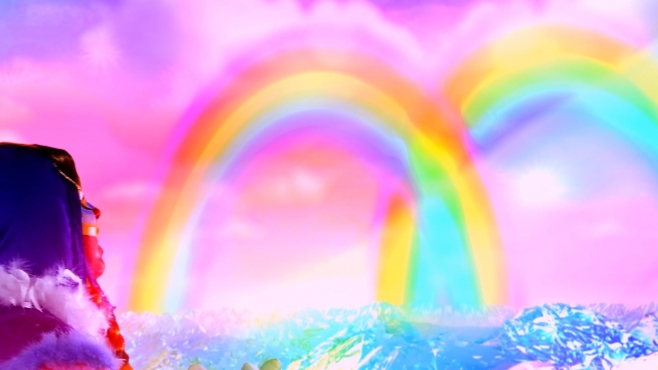Saturday 26 July, 11am – 5pm
Alternative Methods: Art and Education
Plus Open Studios
Art education has become an urgent issue, at both secondary and university level, due to cuts in funding and the politics and public discussion surrounding its relevance to society. As such, the formal routes for education and engagement with art are failing, and access is becoming socially and economically more divided than ever. Artists have long created alternatives to the established institutions and methods. However, recently there has been a resurgence in this form of activity and discussion, in part in response to the general need, but also in relation to more specific questions of social and economic access for different parts of society and culture.
With contributions from Dr Matthew Cheeseman, School of English, University of Sheffield; Anna Colin, freelance curator, co-founder Open School East; Leah Gordon, Ghetto Biennale, Port-au-Prince, Haiti; Ahmet Ögüt, The Silent University; School of The Damned and Ella Ritchie, Director of Programming at Intoart with artist Ntiense Eno-Amooquaye; Sally Tallant, Director, Liverpool Biennial; artist Florian Roithmayr and the Expanded Studio group at Wysing.
Some of the artists based at Wysing will be opening their studios for this event.
